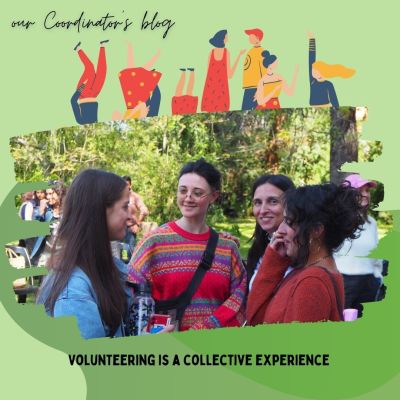Developing countries still undergo the stigma of gross poverty, persistent noise and danger. Why is that? What experienced travellers report is that their own notions of poverty and danger radically changed in light of their experience. The cultural gap in fact requires effort, and enlarges the understanding of the traveller. His attitude will change and his independent thinking will blossom. A couple of observations may be of help to widen the horizons on the less trendy travelling destinations.
South-America, Africa and the Near East do not seem to get rid of their media stereotypes. The lucky travellers get to witness the necessity to overcome them. Just as adaptation is necessary in language and cuisine, so it is for the living conditions. It takes effort to survive on ugali and sukuma wiki, daily bread in Kenya. Young travellers though quickly adapt to what the environment requires. Adventurers especially gain the awareness that danger persists only as far the adjustments are not undertaken. In this realization, danger is only a block, referring rather to a feeling than to a material threat.
All it takes is common sense. These simple gestures, completely unnecessary in the respective countries of origin, allow them to work and explore safely in any situation. Without waving his iPad about, accustomed to medialunas and cortados, the foreign volunteer scrolls down the streets of Argentina feeling home like a porteño. Volunteers soon let go of their prejudiced feelings, which was fear of the otherness rather than actual threats. For the aware traveller, Buenos Aires, Cuzco and Nairobi are just as safe as New York and London, and can equally mean home.
Letting go of these initial preconceptions will always prove worthy. Volunteering is a first-rate format of travelling. It allows you to get to know well the city, establish lasting friendships with locals and gain profitable work experiences in a foreign industry. As a matter of fact, the applicant has the chance to either put in practice a hobby or an interest in one of the various fields proposed (childcare, medical, gardening, communication), or perhaps even work towards his own career area.
Furthermore, the trip involves a great exposure to the local culture and a remarkable improvement in the knowledge of the language. Although struggling with portable dictionaries, the volunteers will learn how to put two sentences together. Most importantly, the travellers are given the chance to engage with a foreign community from the inside. The help given to orphans, children, and underprivileged community members is rewarded. The volunteer comes back with friendships, memories, and a newly attained level of insight and awareness. This shows him his place in a wider chain of knowledge and mutual support, and on him the realization dawns of how helping others has helped him in turn.
A volunteering experience in a developing country pricelessly aids the traveller’s independence, global awareness, and professional skills. As well as helping a community. So, whenever a young student has some spare time, he should brace himself with an open mind, because the most rewarding experience for him at this time is most probably volunteering abroad.





